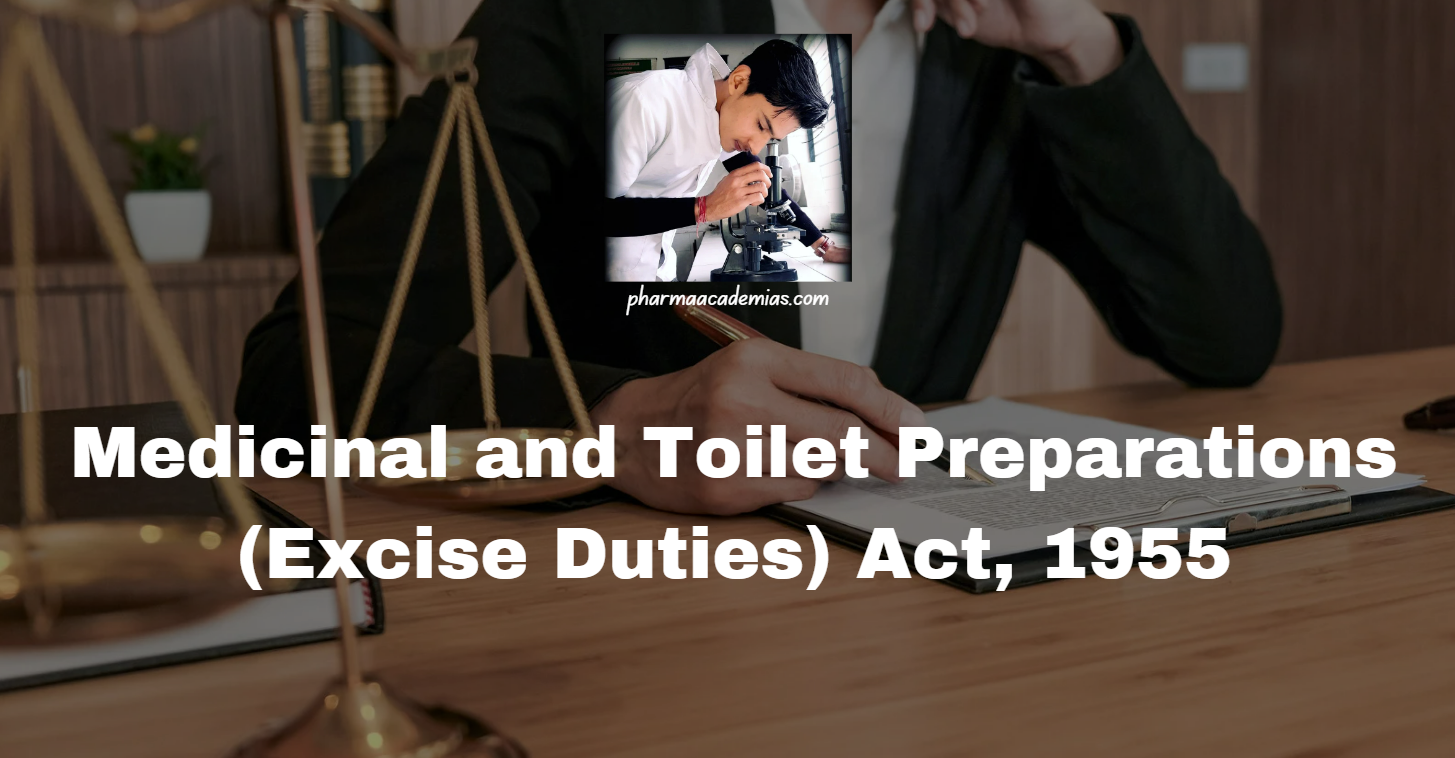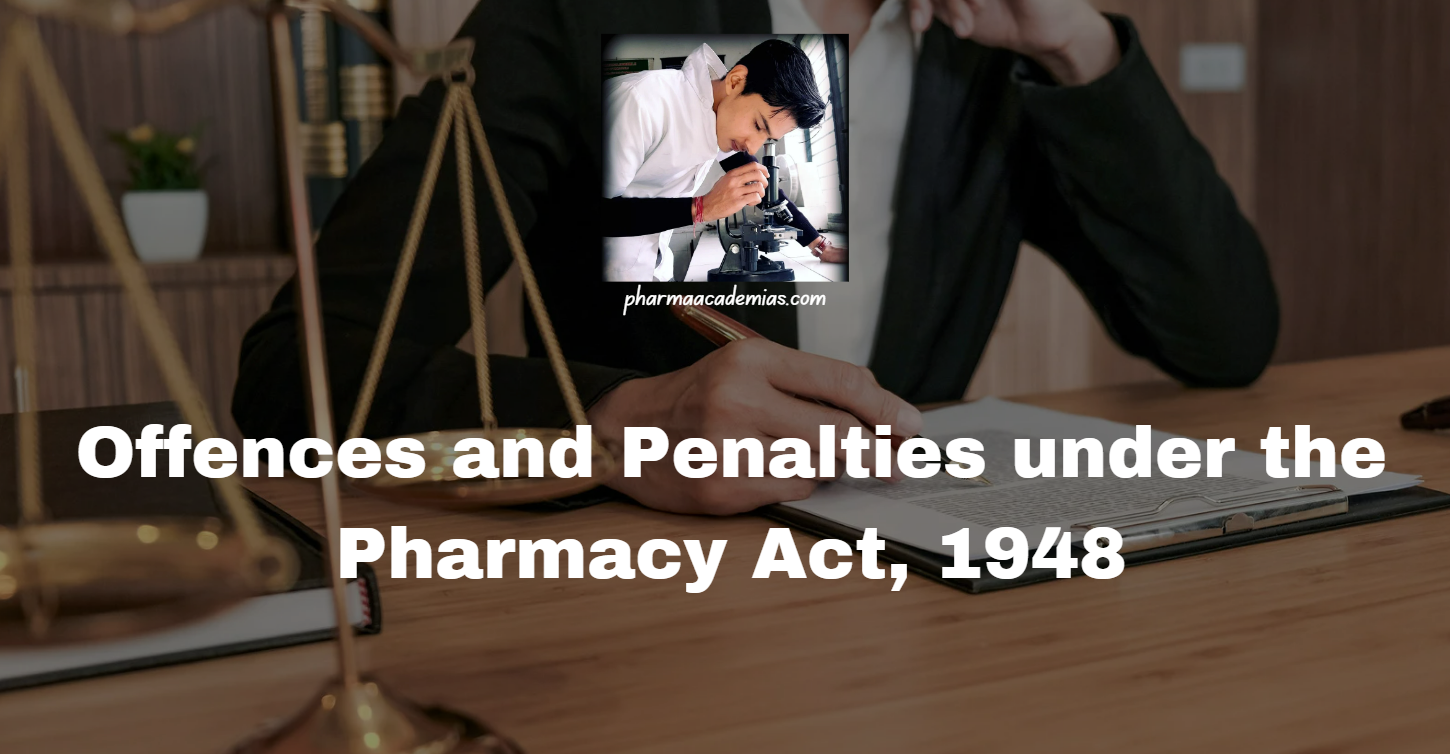Export of Alcoholic Preparations under the Medicinal and Toilet Preparations (Excise Duties) Act, 1955
The export of alcoholic preparations, such as medicinal and toilet products containing alcohol, is subject to specific regulations under the Medicinal and Toilet Preparations (Excise Duties) Act, 1955. These regulations ensure that the export process complies with both domestic and international laws while safeguarding public health and maintaining the integrity of the excise system. Key … Read more










